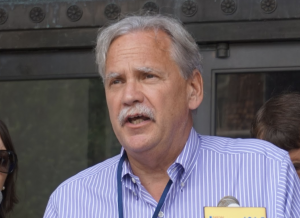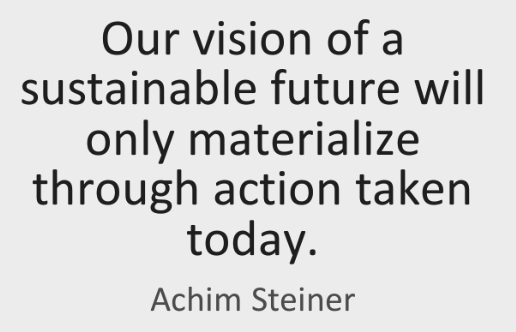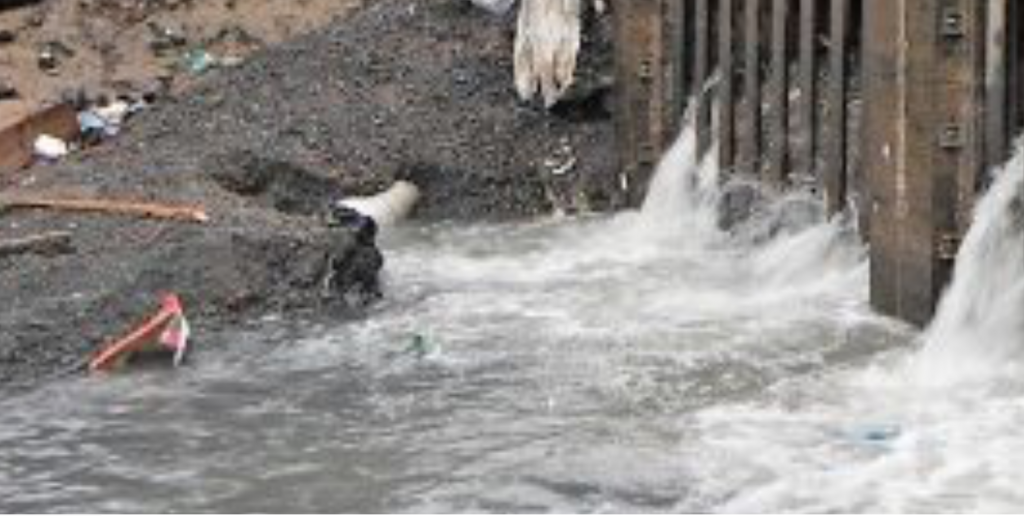
“Green Swans, in essence, are about regeneration—of our societies, economies, and, most fundamentally, of the biosphere. This is where things must now go seriously exponential, in a good way.” — John Elkington, Green Swans: The Coming Boom In Regenerative Capitalism
“The Earth is what we all have in common.” — Wendell Berry
Ecology, Economics, and Ethics (ENST-305-01)
Ramapo College of New Jersey
September 13, 2025
Professor Polsky & Students: Alex Benedetto, Kailee-Rose Casey, George Charbonneau, Romari Ebuen, Kayla Hurevitch, Kyla Merino, Jordan E. Rivera, Segall Sanchez
Editors: Professor Polsky, Romari Ebuen, Nina Rivera, Jordan E. Rivera, & Sandy Polsky
September 13, 2025
The Honorable Congresswoman Mikie Sherill
Mikie Sherrill for Governor
PO Box 43032
Montclair, NJ 07043
The Honorable Assemblyman Jack Ciattarelli
Ciattarelli for Governor
PO Box 225
Annandale, N.J. 08801
Dear Congresswoman Sherill and Assemblyman Ciattarelli: Continue reading “So The Feds Blocked Our Windmills, Funding, And May Sue Us: Still Aiming to get on Track to Meet Our Climate Change Goals: Recommendations New Jersey’s Next Governor Mostly Won’t Hear From Others”




 The climate crisis is here and already impacting New Jersey. Greenhouse gas emissions globally set an all-time high last year. Our oceans are warming 40 percent faster than previously believed. The IPCC has given us 12 years before the worst climate impacts will become irreversible.
The climate crisis is here and already impacting New Jersey. Greenhouse gas emissions globally set an all-time high last year. Our oceans are warming 40 percent faster than previously believed. The IPCC has given us 12 years before the worst climate impacts will become irreversible.



